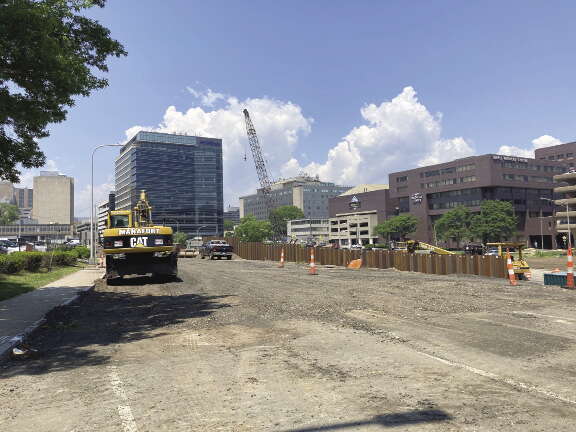
Processing Your Payment
Please do not leave this page until complete. This can take a few moments.
-
News
-
Editions
-
- Lists
-
Viewpoints
-
HBJ Events
-
Event Info
- 2024 Economic Outlook Webinar Presented by: NBT Bank
- Best Places to Work in Connecticut 2024
- Top 25 Women In Business Awards 2024
- Connecticut's Family Business Awards 2024
- What's Your Story? A Small Business Giveaway 2024 Presented By: Torrington Savings Bank
- 40 Under Forty Awards 2024
- C-Suite and Lifetime Achievement Awards 2024
- Connecticut's Health Care Heroes Awards 2024
-
-
Business Calendar
-
Custom Content
- News
-
Editions
View Digital Editions
Biweekly Issues
- April 15, 2024
- April 1, 2024
- March 18, 2024
- March 4, 2024
- February 19, 2024
- February 5, 2024
- January 22, 2024
- January 8, 2024
- Dec. 11, 2023
- + More
Special Editions
- Lists
- Viewpoints
-
HBJ Events
Event Info
- View all Events
- 2024 Economic Outlook Webinar Presented by: NBT Bank
- Best Places to Work in Connecticut 2024
- Top 25 Women In Business Awards 2024
- Connecticut's Family Business Awards 2024
- What's Your Story? A Small Business Giveaway 2024 Presented By: Torrington Savings Bank
- 40 Under Forty Awards 2024
- C-Suite and Lifetime Achievement Awards 2024
- Connecticut's Health Care Heroes Awards 2024
Award Honorees
- Business Calendar
- Custom Content
Yale serves as growth engine to New Haven’s economic development ambitions
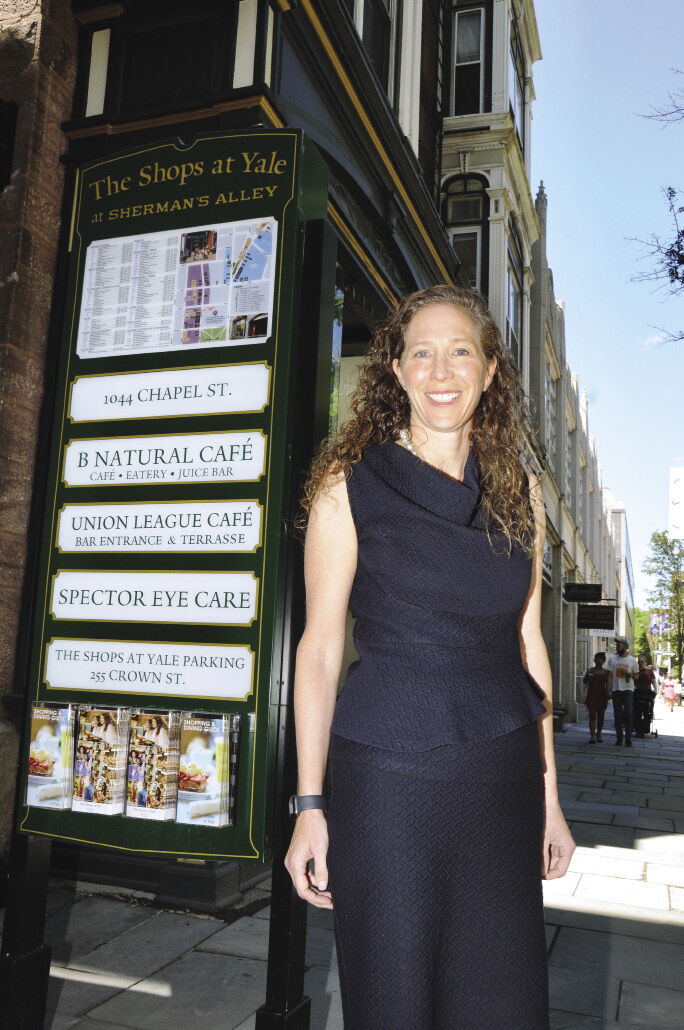 PHOTO | Gary Lewis
Lauren Zucker stands on New Haven’s Chapel Street where the Shops at Yale are located.
PHOTO | Gary Lewis
Lauren Zucker stands on New Haven’s Chapel Street where the Shops at Yale are located.
It’s been a busy time for Lauren Zucker, Yale University’s associate vice president for New Haven Affairs and University Properties.
Zucker’s job involves fostering economic development and educational outreach initiatives.
Yale University Properties has some 500 residential properties and 85 commercial tenants, many of which have suffered due to the pandemic. Zucker and Yale have been working with retailers and restaurants in Yale-owned buildings, trying to help by offering rent abatements and coordinating advertising campaigns to attract customers.
The university announced this spring that it has leased three floors in a new bioscience tower now under construction at 101 College St. in downtown New Haven. Yale is also throwing its financial support behind a new life sciences incubator in the tower.
Yale University ranks third on the list of New Haven’s top taxpayers, paying roughly $5 million in property taxes on its non-exempt properties. It also makes annual voluntary payments, most recently to the tune of $13 million. The university currently owns about $3.5 billion worth of tax-exempt property, according to the city.
New Haven Mayor Justin Elicker has called upon Yale in recent months to contribute more. Yale says it is maintaining an open dialogue, with Elicker’s office indicating “negotiations are ongoing.” Yale President Peter Salovey has publicly said Yale “will continue to increase our voluntary payment over time, but not at the rate the mayor has suggested.” Salovey also has said Yale can contribute in new ways “to stimulate vibrant economic growth in our city.”
New Haven BIZ recently spoke with Zucker about Yale’s efforts to drive economic development in its host city, and what she sees happening in the months and years ahead.
Why did Yale decide to lease space in the new 101 College St. tower?
Similar to our role in enabling the development of 100 College, Yale was asked early on to play a role in supporting 101 College.
We committed to serving as an anchor tenant to provide the financial support that really enabled the developer (Winstanley Enterprises) to bring the project to fruition. Yale recognizes the significance of the project and its impact on economic development for both the city and the state.
We could independently build our own buildings for our own purposes, but we felt 101 College, in addition to creating tax revenue for the city, would serve as a key connector from the Hill to Downtown, from Yale’s medical campus to central campus, and importantly, would continue to put New Haven on the map as a center for biotech.
What does Yale see as the importance of the planned life science incubator?
A few years ago, we commissioned a study by McKinsey & Co., which confirmed our belief that New Haven had a shortage of biotech space and in particular, incubator space for startup companies.
Startup companies are evolving and constantly changing their space needs. They typically have little credit worthiness for capital to actually invest in infrastructure, which can be very expensive. Yet, incubators are a key part of a biotech ecosystem.
While the terms of our specific deal are confidential, we really felt it was important to support this growing industry. Since 2000, more than 75 startups born of Yale research have taken root in New Haven. The goal is really to keep them here so they can grow, provide jobs, shop at our retailers and support New Haven.
A terrific example of this is Arvinas, a clinical stage biotech company with roots at Yale, which also agreed to lease three floors at 101 College.
After the new tower is online, do you think the city will still need more lab space?
I do. I believe that New Haven will continue to grow. As more companies and businesses stay in or come to New Haven, the need for more lab space will continue to grow.
How can New Haven attract or pull in out-of-state bioscience companies, ones not spun out by Yale?
Biotech companies like to be close to Yale and Yale science and all the resources we have. As a city and as a state, we can work hard to attract those types of businesses to New Haven.
I think New Haven has a lot of what businesses are looking for. It is a great place to work, to live, to study. It is a very walkable city, so it makes sense that companies would want to set down their roots here.
What do you see for the future of the bioscience industry in New Haven?
[Yale President] Peter Salovey said at the [101 College St.] groundbreaking that together we can make New Haven an international hub for bioscience and for pharmaceutical and health technology companies. The spinouts from Yale science and faculty will really support those efforts as well as draw in additional companies to New Haven.
Through Yale’s Pathway to Science program, we are focused on educating the next generation of entrepreneurs and scientists by providing the city’s middle and high school students opportunities to explore STEM fields through laboratory visits, classes and more.
Other schools in the area such as Gateway Community College and Albertus Magnus College and Quinnipiac University and Southern Connecticut State University also are vital contributors to the talent pipeline sought by companies.
What impact has the pandemic had on Yale’s commercial tenants, and how has Yale been helping them?
There has been a significant impact on our retail and restaurant tenants. Our goal has really been to see them through this difficult time.
We have offered rent abatement, deferrals and reductions. We have also been focused on restructuring our marketing efforts.
Initially we were focusing on promoting takeout and outdoor dining and online shopping. We also restructured our events. Instead of creating activities that draw crowds, we’ve developed things like the Window Art Stroll & Contest and a Father’s Day giveaway promotion — lots of things that draw people to New Haven, but not unmasked in a crowd.
We have also worked to connect our merchants with federal and other available funds. Different parts of Yale have also been engaged, the Yale Law Clinic, Yale’s Tobin Center for Economic Policy and many other areas have helped support New Haven’s merchants, such as helping with filing forms and filling out applications to the government.
Have most retailers in Yale properties been able to survive the pandemic?
Most of them have, with our support, survived, and at this point they are reopened.
What do you think Yale’s role is in New Haven’s economic development?
As the largest employer in New Haven, we are very focused on supporting economic development initiatives. I personally sit on the board of New Haven Works, the Town Green Special Services District, the Chamber of Commerce, Market New Haven, and other local boards.
They are focused on creating and sustaining economic development. During the pandemic, we participated in weekly Together New Haven calls with the city and community partners.
Economic development is one of the most urgent challenges. Strong colleges and universities are essential to growing an economy that adds well-paying jobs. Yale really does set the standard — paying well above prevailing wages and offering comprehensive benefits to its employees.
The university also pays about $5 million in property taxes on non-academic properties through its community investment program, which makes us in the top three taxpayers in New Haven.
Investment in New Haven is driven by the presence and impact of Yale. Pre-pandemic, we saw residential projects and hotels going up. We intend to work closely to accelerate job creation, both inside and outside of the university.
Does Yale have further expansion or development plans in New Haven?
We are continuing to invest in academic priorities. A new physical science building, the renovations on Science HIll, renovations to support computer science and engineering.
Those are some things in the pipeline. We really focus on reusing existing Yale property for new development.
Will everything be back to normal on campus when students start the upcoming school year in the fall?
Can you see my fingers crossed?
We are cautiously optimistic that we will have a full residential program for undergraduates, if public health conditions permit. We expect graduate and professional school students to continue their studies, and faculty members to conduct classes, primarily in person.
Staff members who have been working remotely will be phasing into on-campus work, with the goal that most people will be back on campus for the fall semester. So the answer is ‘yes,’ subject to current health conditions.
Has enrollment changed?
What is interesting is Yale made the decision not to change our admission numbers for the incoming class of 2025. We had a number of students who, during the pandemic, took gap years or deferrals. We will likely have more students in New Haven than usual, just given the fact that we will have a regular-sized incoming class, and gap students will be there as well.
What impact will it have on the city’s merchants when students are 100 percent back on campus?
It will hopefully be wonderful.


2022 Giving Guide
This special edition informs and connects businesses with nonprofit organizations that are aligned with what they care about. Each nonprofit profile provides a crisp snapshot of the organization’s mission, goals, area of service, giving and volunteer opportunities and board leadership.
Learn more
Subscribe
Hartford Business Journal provides the top coverage of news, trends, data, politics and personalities of the area’s business community. Get the news and information you need from the award-winning writers at HBJ. Don’t miss out - subscribe today.
Subscribe
2024 Book of Lists
Delivering Vital Marketplace Content and Context to Senior Decision Makers Throughout Greater Hartford and the State ... All Year Long!
Read Here-
2022 Giving Guide
This special edition informs and connects businesses with nonprofit organizations that are aligned with what they care about. Each nonprofit profile provides a crisp snapshot of the organization’s mission, goals, area of service, giving and volunteer opportunities and board leadership.
-
Subscribe
Hartford Business Journal provides the top coverage of news, trends, data, politics and personalities of the area’s business community. Get the news and information you need from the award-winning writers at HBJ. Don’t miss out - subscribe today.
-
2024 Book of Lists
Delivering Vital Marketplace Content and Context to Senior Decision Makers Throughout Greater Hartford and the State ... All Year Long!
ABOUT
ADVERTISE
NEW ENGLAND BUSINESS MEDIA SITES
No articles left
Get access now
In order to use this feature, we need some information from you. You can also login or register for a free account.
By clicking submit you are agreeing to our cookie usage and Privacy Policy
Already have an account? Login
Already have an account? Login
Want to create an account? Register
Get access now
In order to use this feature, we need some information from you. You can also login or register for a free account.
By clicking submit you are agreeing to our cookie usage and Privacy Policy
Already have an account? Login
Already have an account? Login
Want to create an account? Register

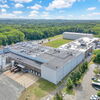

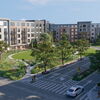
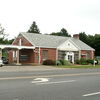

0 Comments